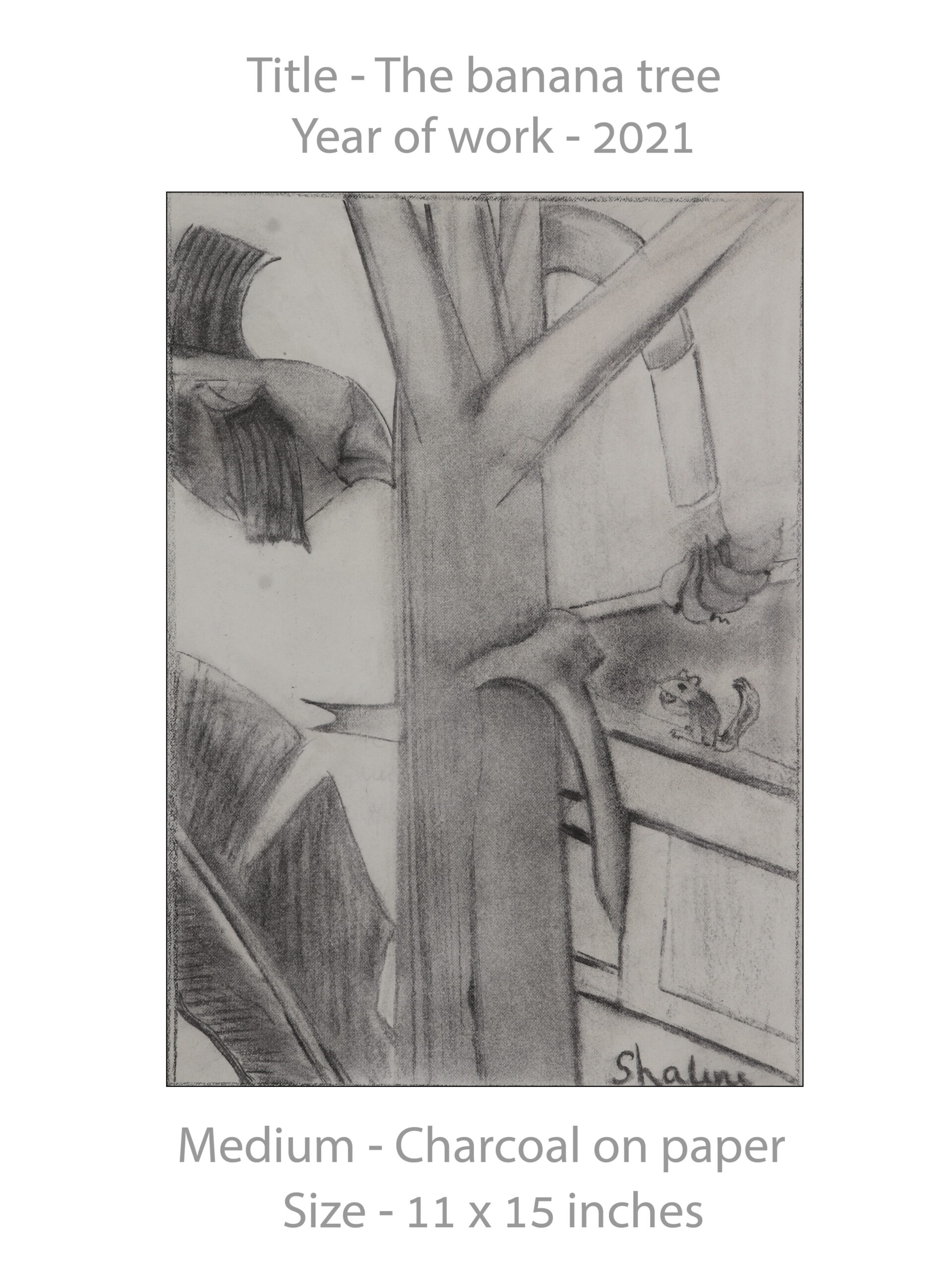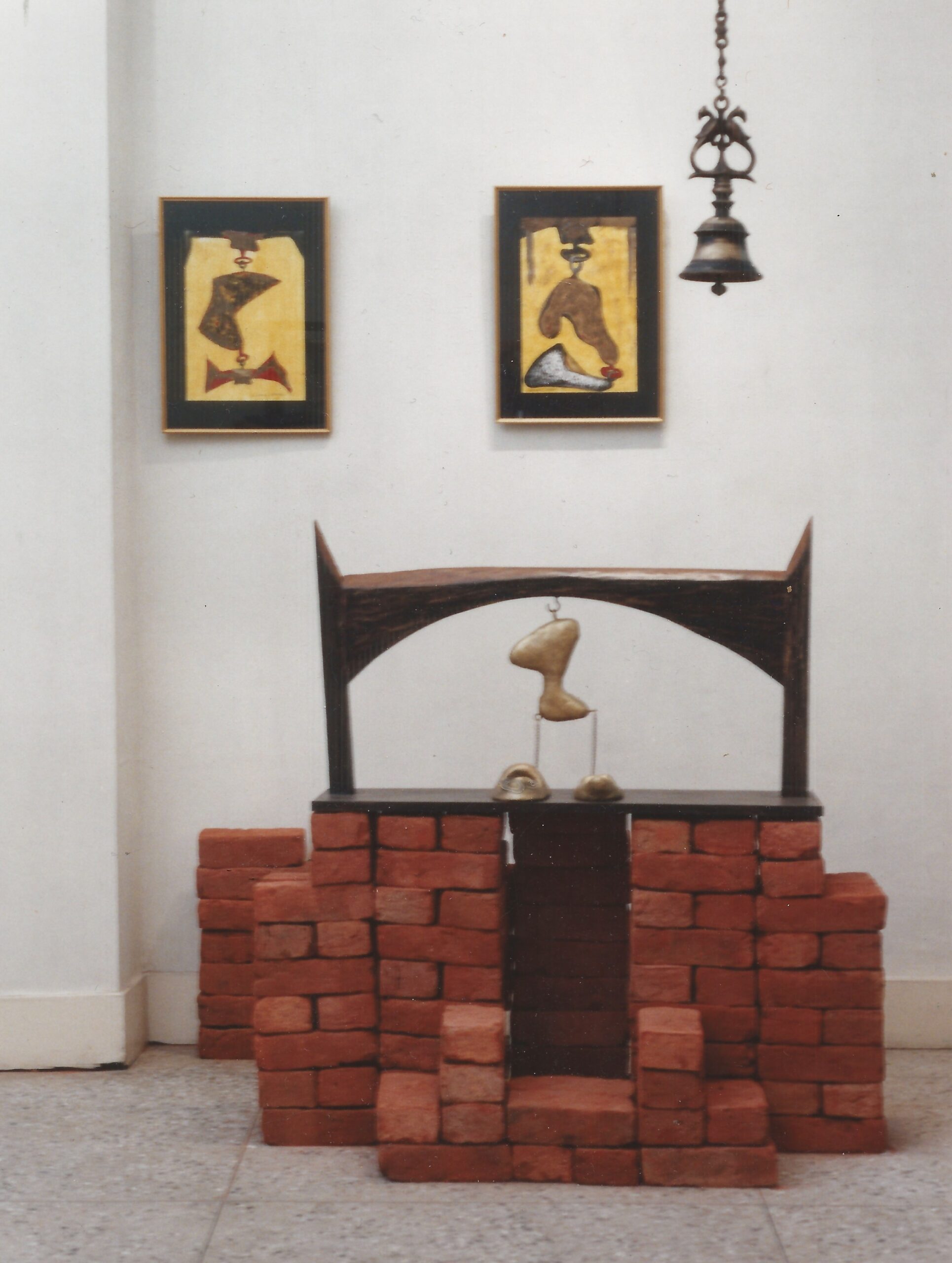Jadubangsho
The Play
Jadubangsho boldly faces the problems of a tumultuous time. The time is the independent India in the 1950’s, with Bengal cut in two- trying to survive the severing of old ties of languages, lives and love. Jadugopal’s business flourishes in North Calcutta, but he is easygoing and childish. His wife Nandorani blames his laidback attitude for the fact that they are still without a child. She devotes all her time to rituals in a hope that an heir is born, even though both husband and wife are way past their prime. With them stay Jadu’s brother Narugopal who is a Jatra proprietor, rendered out of work because of the violence and restrictions that came with partition and Fagun, an employee’s daughter from East Pakistan who has taken shelter from the mayhem all around. Dhurjoti, a distant relative of Jadugopal looks like a perfect gentleman, but is a thief unlike Sanai who though jailed for robbery, is not a thief. The two meet one night when a group of refugees are looking for a lost child.
Director’s Note
The borders drawn in 1947 ripped not only across geographic terrain but deliberately tore people on the basis of religion, tearing individual from individual, threatening to wipe out the bonds of love and caring we shared since the beginning of time. Independence came to Bengal demanding labels. People were displaced, terrorised and killed. An entire generation was brutalized.
This play does not really focus on the anger and agony that Partition brought. It focuses on human relationships and the urgent need for communal harmony, a bonding across economic and social strata, a sense of belonging on which can grow a healthy sense of nationhood without religious considerations of any kind. More people are killed in the name of religion than anything else. As Jean Paul Sartre would have said Religion has proved to be a “costly hypothesis”.
The production is also keyed to that…the stage is uncluttered and we go less for period sets, more for authentic thoughts and feelings that are often obscured by political propaganda. My characters (as varied as the birds on a tree) dominate with their backgrounds, their beliefs, their interactions…The music refers briefly to the sentiments of the time but the theme music rolls in and out constant, unbroken like the tune that binds all together.
The Director and the Playwright
Manoj Mitra is the president of the Paschimbanga Natya Akademi (Govt. of West Bengal), and Sundaram. His professional career began as a professor of Philosophy at the Ranigunj College. Today he is a leading playwright of Bengal. He has till date written over a hundred plays like Mrityur Chokhe Jal, Sajano Bagaan, Parabas, Alokanandar Putra Kanya, Mesh O Rakhash, Noisho Bhoj, Operation Bhomragar etc. His works have been translated into many languages and produced by directors like Ratan Thiyam, Rajinder Nath and others. They are extremely popular in Bangladesh, America, Australia, England and other places. He has written several books on film and theatre and is the recipient of many awards like, Sangeet Natak Akademi Award, Calcutta University Award, Bengali Stage Centenary Award, State Government Award, Filmfare Award for Best actor, Bangavibhushan Award etc.
The Group
Dedicated to the theatre of conscience, a tireless seeker of truth and beauty in all its forms –‘Sundaram’ was found in 1957 by a handful of college friends. The founder members of the group are: Manoj Mitra, late Partha Pratim Chaudhury, Prasanta Bhattacharya, Dulal Ghosh and others. Soon many more came to be associated with the group. At 58 with many new members Sundaram has a history of over 65 immensely popular original productions. To meet the paucity of original scripts in Bengali, for the last 23 years, the group has been conducting the only annual Bengali playwriting competition– ‘Parthapratim Sarane Smriti Purashkar’. It has also launched two awards for children and backstage artists- Ananta &Ashim Purashkar.
Touring India and abroad Sundaram has won many, national and state-level, governmental and non-governmental awards and has, more importantly, won the support of countless theatre lovers.








